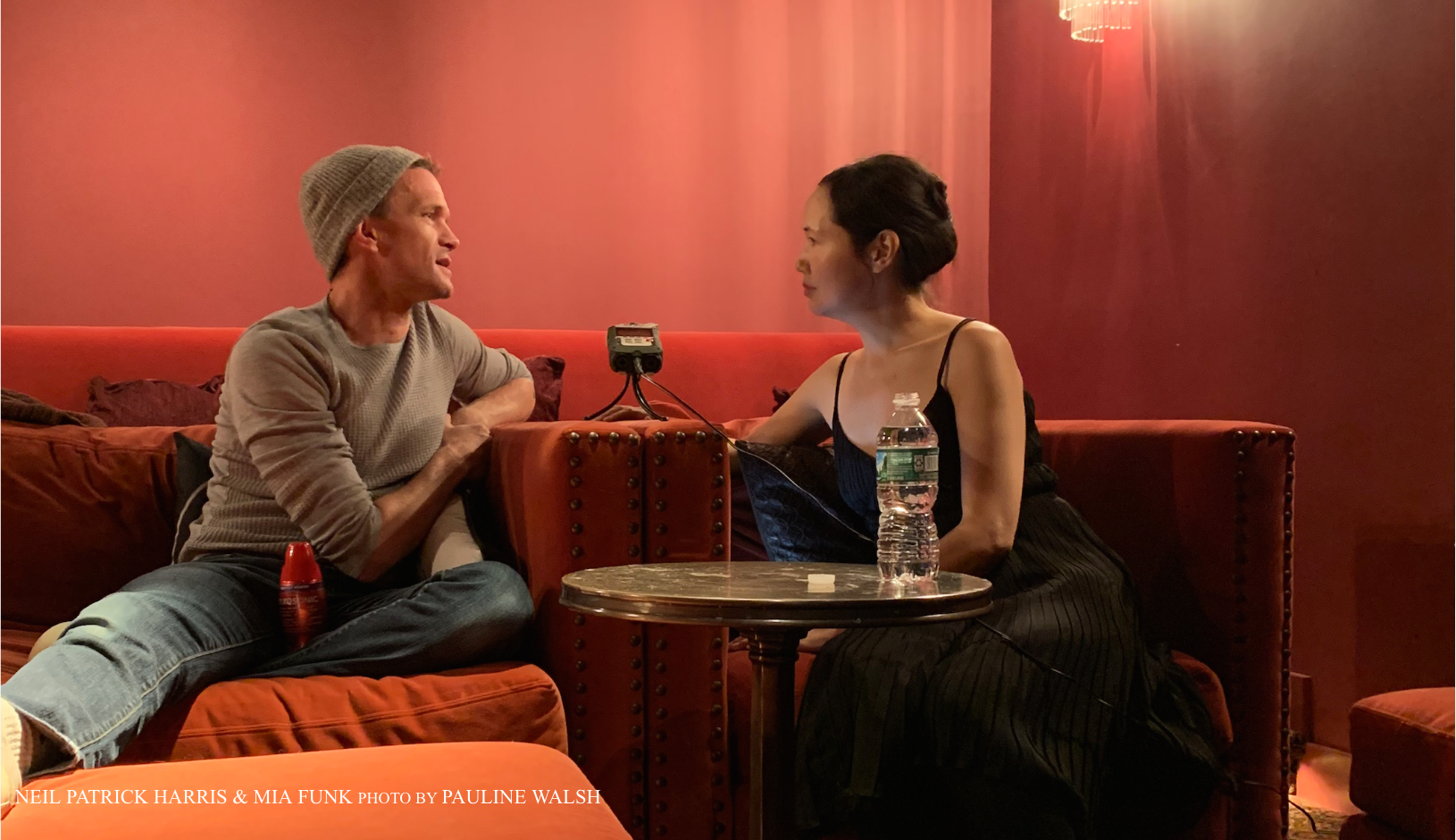Harris Yulin has appeared on Broadway in Hedda Gabler, The Price, The Diary of Anne Frank, The Visit, A Lesson From Aloes, and Watch On The Rhine. His off-Broadway credits include Raindance at Signature Theatre; Don Juan In Hell at Symphony Space; Steve Tesich’s Arts And Leisure at Playwrights Horizons; Tina Howe’s Approaching Zanzibar at Second Stage; Hamlet, King John, Richard III, and A Midsummer Night’s Dream at New York Shakespeare Festival; and Mrs. Warren’s Profession and Hedda Gabler at Roundabout. Regional credits include Finishing the Picture at Goodman Theatre; a recent appearance in the title role of King Lear at New Jersey Shakespeare Festival; The Talking Cure at Mark Taper Forum; Tartuffe at the Guthrie and Arena Stage; Henry V at Hartford Stage; and The Tempest at Shakespeare & Co. Mr. Yulin’s directing credits include Horton Foote’s The Prisoner’s Song at Ensemble Studio Theatre; Conor McPherson’s This Lime Tree Bower at Primary Stages; Don Juan In Hell in London (Riverside Studios) and in New York (Symphony Space), Steve Tesich’s Baba Goya (Second Stage), Adele Shank’s Winter Play at Second Stage; Candida at the Shaw Festival; and The Front Page and The Guardsman at Long Wharf. His television credits include “Muhammad Ali’s Greatest Fight,” “Mister Sterling,” “24,” “Buffy The Vampire Slayer,” “Frasier” (Emmy Nomination), and “La Femme Nikita” (Emmy Nomination). His film credits include Fur, The Place Beyond the Pines, The Emperor’s Club, Training Day, The Million Dollar Hotel, The Hurricane, Looking for Richard, Murder at 1600, Multiplicity, Clear and Present Danger, and Scarface.
HARRIS YULIN
The difference is vast, but it's the same root. It's just some of the techniques are very different. I really know theater because that's where I started. I went at it in a very haphazard way. I had a very haphazard approach. It was not orderly at all. I didn't go to a proper school or anything like that. After fooling around in Europe for almost a couple of years, just because I'd gotten out of the army...and didn't really know what to do or how to do it. And so I just went and while there I did some acting, but nothing very remarkable except doing a nightclub with William Burroughs. That was great fun. I did a little bit of studying here or there...Jeff Corey (and at one class in New York) someone said something that helped me a great deal. And then I just learned by doing it.
❧
Most directors don't talk. They don't say very much, which is good. The less said usually the better, but no I can't think of any people with tension. I mean, early on, but that was mostly my problem because I didn't know how to deal with it and hold onto what I needed to do, so I could feel threatened. And once I felt threatened I would respond in kind.
THE CREATIVE PROCESS
How did it come about that you started directing? And what do you love about directing?
YULIN
Oh, I started directing almost when I started acting. What do I love about it? I really like working with actors. I feel that any problems anybody may have, I've had that problem, so I feel that I understand that. And then the creation and enactment of the world that we're in. How that world is going to look and be and, of course, there are all these terrific people who are going to implement this vision. And this vision is going to be a collective vision. The way we do theater in this country, the director has to come in with an idea of what it's going to be, and then we start discussing. But you've got to come in with that so that by the time rehearsals begin you're pretty much set in terms of set and everything and how that's going to work. So it's the creation of that world. What are you going to do? How is it going to be? If you're going to direct Richard III, The Winter's Tale, The Trip to Bountiful, or Glass Menagerie. How is it going to look? How are you going to cast it? Where are you going to find the people? What is it for you? You get to create that world.
This interview was conducted by Mia Funk with the participation of collaborating universities and students. Associate Interviews Producers on this podcast were Bret Young & Gabriela. Digital Media Coordinator is Phoebe Brous.
Mia Funk is an artist, interviewer and founder of The Creative Process & One Planet Podcast (Conversations about Climate Change & Environmental Solutions).
















































































